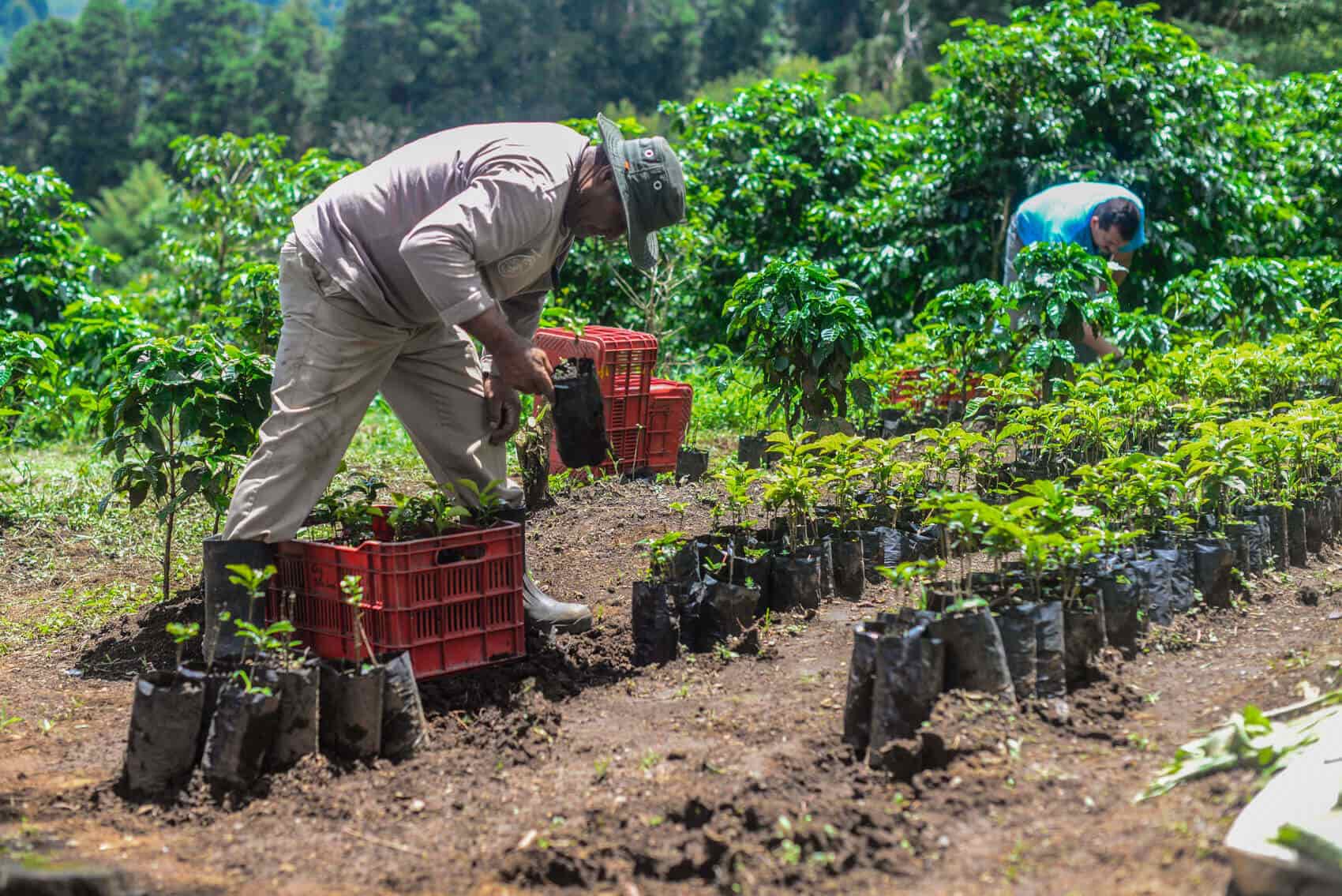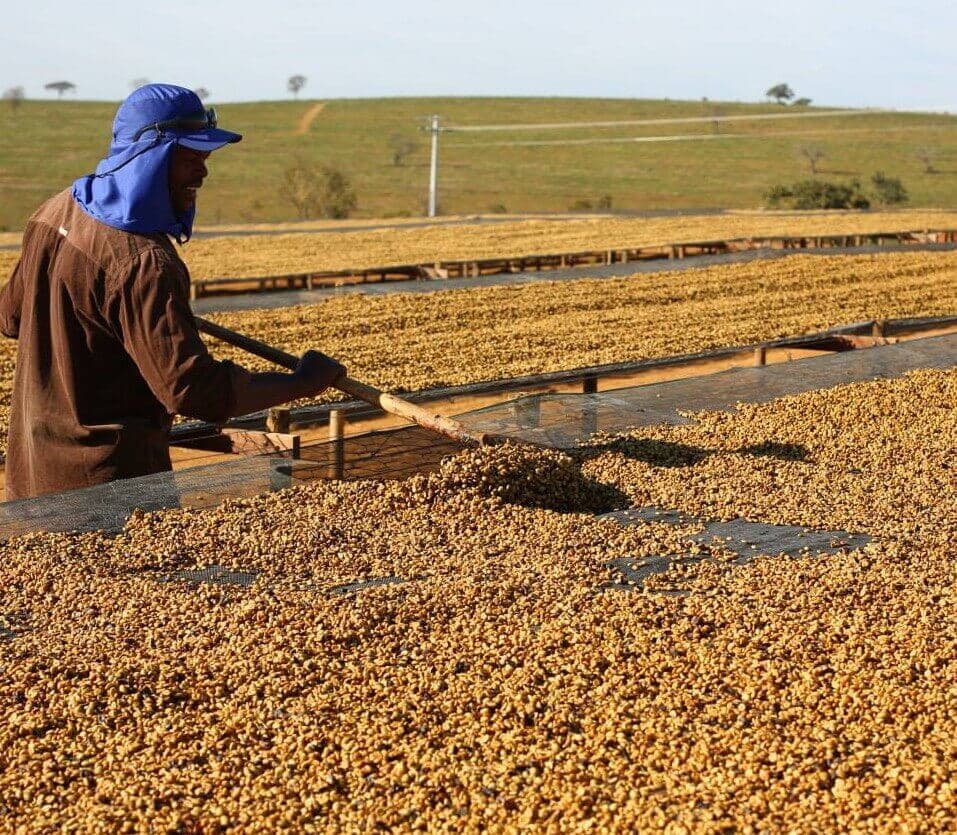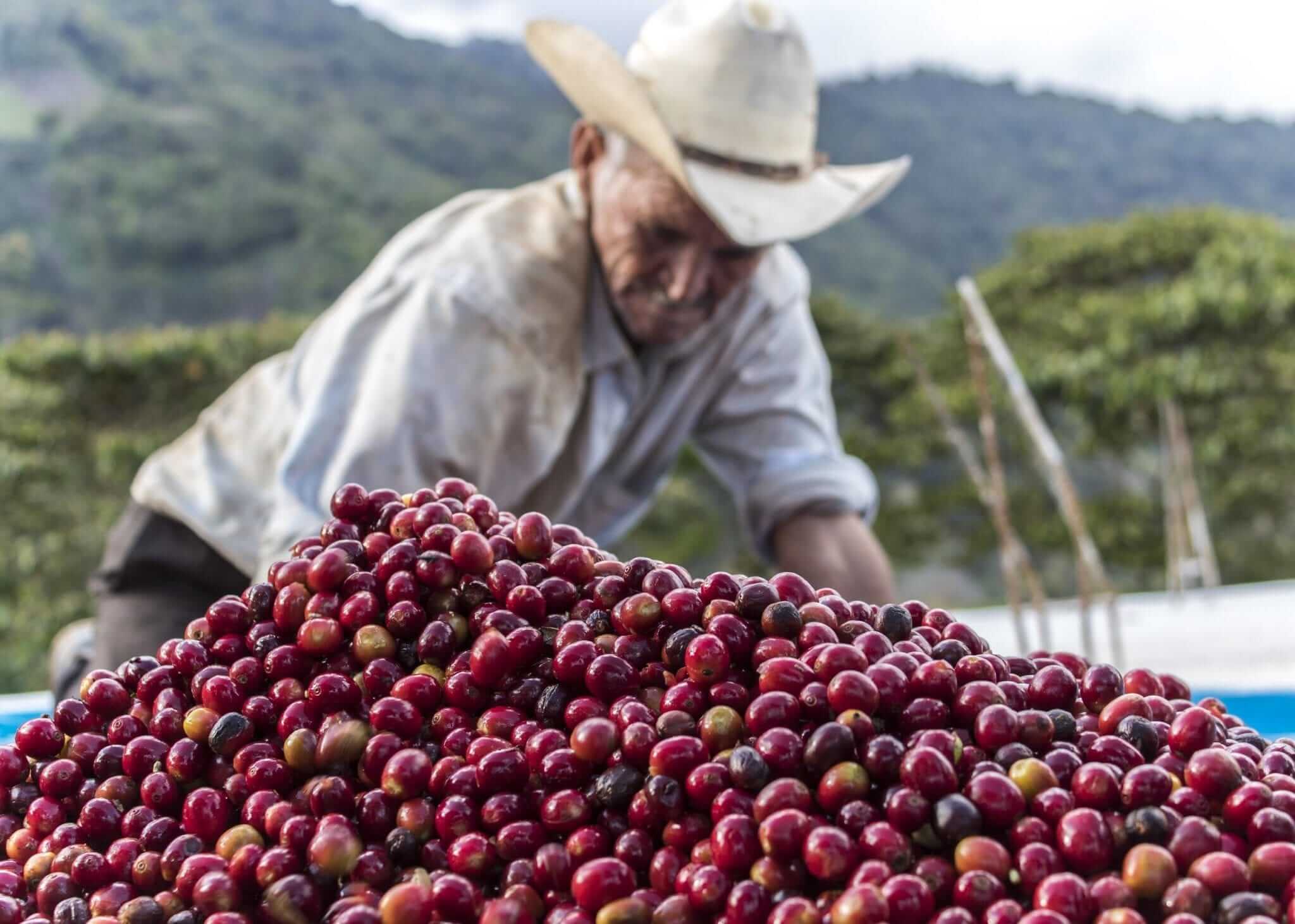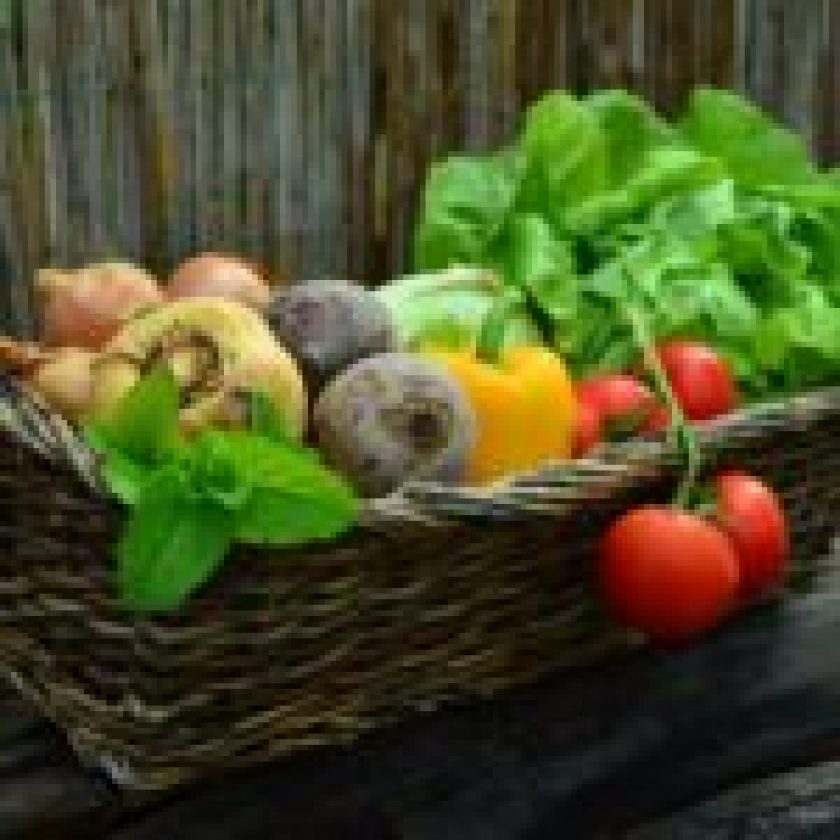When you think of specialty coffee, you always think of coffee shops with all their flavored beverages. Now, you may feel that it is nothing more than a glorified brew, where these companies made their billions on the strength of genius marketing. When you say specialty coffee, you are not just referring to the variety of flavors, such as those in the lineup of chains of coffee shops like Campos Coffee. It is the entire industry itself.

source: htlibrary.org
The specialty coffee industry is projected to reach $83.5 billion by the year 2025, with a compound annual growth rate of 8.3%. The figure is more than double compared to the $83.5 billion in 2018. The growth can be attributed to innovations and technological advancements, which made it more efficient to deliver quality products to consumers on demand.
Specialty Coffee Starts with the Farmer

source: ticotimes.net
At the heart of the products of Campos Coffee are the beans. The ideal partnership is between distributors and producers that have the same vision–to deliver a unique experience to the drinker.
The coffee farmer typically belongs to a generation that has managed to perfect their approach and practices to quality farming. It takes a lot of trial and error to come up with the beans they cultivate.
What you see on the market today are either Robusta or Arabica. They are the two most popular species of coffee. Arabica is softer to the palate, while Robusta has a bitter aftertaste.

source: squaremileblog.com
When the beans are ripe after three or four years, they are then ready for harvest. Farmers will then pick each seed by hand. The process gives better results as the worker will only handpick the best fruits. The beans that are not yet ready are left to continue the ripening process.
After harvesting them, the beans will then be sent for processing, which can be wet, dry, and semi-dry. The wet method is more complicated because it requires precision. One misstep and you will spoil the whole batch and will result in impure coffee. It takes a lot of experience to process using the wet method.
From farmer to buyer to retailer

The farmer also plants the trees in areas with the ideal climate and altitude to harvest superior quality beans, which serve as the raw material for the specialty coffee. After they are collected, only the coffee beans that are free from any flaws and defects will be sold to the partner buyer. As you might expect, the farmer does not sell just to any buyer. The entire value chain–from farmer, buyer, distributor, manufacturer, and retailer–will determine the quality of the specialty coffee.
The roasting process is also crucial to produce quality beans. Usually, they are roasted starting at 230 degrees Celsius but no more than 260 degrees. They use a machine to make sure that the speed of the blending process is consistent. At those temperatures, the beans will emit natural oil, which is crucial to turn them into brown and produce that distinct aroma.
A lot of credit goes to the barista at the coffee shop. But the roasted coffee beans had a long journey before they ended up at grocery stores, online websites, or the storage rooms of specialty coffee shops. You would not enjoy your favorite cup of specialty coffee if not for the good manufacturing practices employed by the industry. And it all starts with the farmer. That is what specialty coffee is all about. and also see more benefits of coffee at live enhanced.





